Green Space
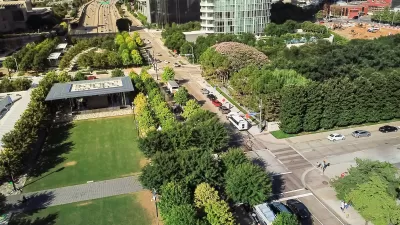
I Help Plan Cap Parks; Here’s What Austin Can Learn from Other Cities
How freeway capping projects can literally and metaphorically bridge urban divides.
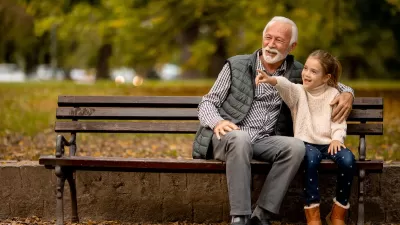
Nature and Nurture: Understanding the Diversity of Biophilia
Biophilia, originally thought to be an innate and universal love for nature, is now understood as a temperament trait with significant individual differences influenced by genetics and experience.
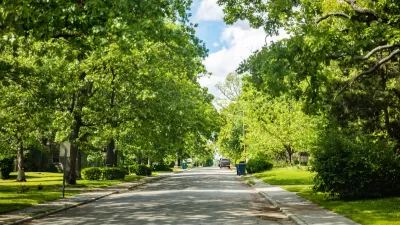
How AI Is Revolutionizing Urban Forestry and Climate Resilience
Tree-D Fusion, an AI-driven tool developed by MIT and Purdue researchers, generates 3D models of urban trees to help city planners visualize future green spaces, address climate challenges, and enhance urban livability and sustainability.
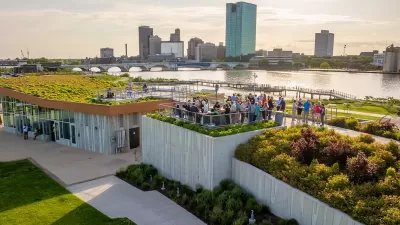
The Glass City’s Riverfront Sparkles with Promise
How Toledo is transforming its waterfront into a beloved community space.
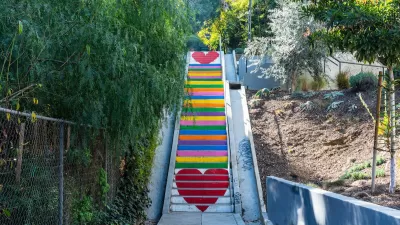
A Framework for Inclusive Tree Planting in Los Angeles
The Los Angeles Urban Forest Equity Collective has developed an equity-centered tree-planting framework and toolkit to address historic underinvestment and mitigate extreme heat in vulnerable neighborhoods.
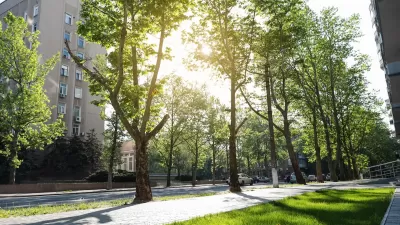
Mapping a Greener Future: Cal Poly Tackles Urban Canopy Challenges
Cal Poly, in partnership with Cal Fire, is leading the development of California’s new Strategic Plan for Urban Forestry, combining advanced data tools and interdisciplinary collaboration to expand tree canopy cover.
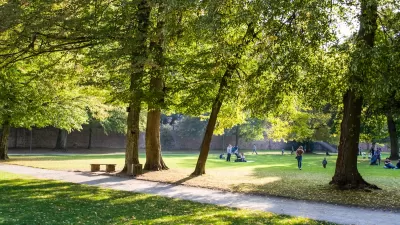
Global Report Shows Urban Forests Failing to Meet Vital Standards
The study reveals significant gaps in urban forestry, emphasizing the urgent need for reforms, innovative planting solutions, and expanded tree canopy to combat climate change and improve urban health.
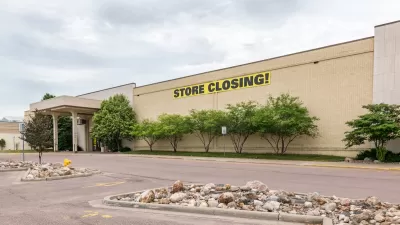
Shifts in Shopping: Transforming Malls Into Parks
Maybe zombie malls still have a second life — one with a little greenery.

Lessons in Child-Friendly Cities From Europe
How parklets, open streets, and green spaces make cities safer and friendlier for children and families.

Branching Out: Building Health and Equity Through Community Forestry
Los Angeles County’s Community Forest Management Plan seeks to create a healthier, more equitable community forest by expanding tree coverage, engaging communities, and building resilience to climate impacts.
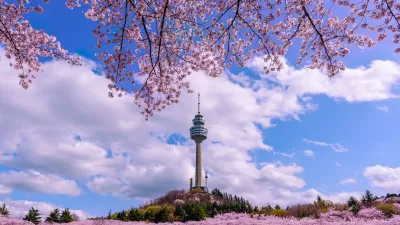
Seoul’s Urban Parks Blossom with Books
The Reading in Seoul Garden event invited residents to enjoy free reading and relaxation activities, including digital and live programs, in scenic parks, fostering a sense of community amid the city’s autumn landscapes.
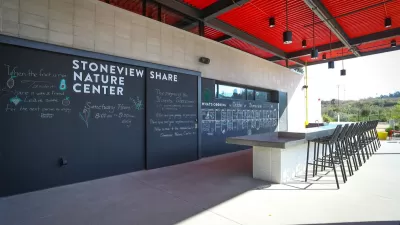
How LA County Parks are Fostering Equity
Los Angeles County's Department of Parks and Recreation actively engages the public through diverse methods to ensure parks and recreation programming align with community needs and priorities.
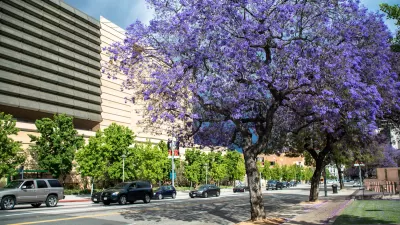
Addressing Tree Canopy Disparity in South Los Angeles
A new study highlights the complex challenge of addressing tree canopy disparities in South L.A., where historical environmental injustices, budget constraints, and competing community priorities hinder efforts to increase equitable tree coverage.
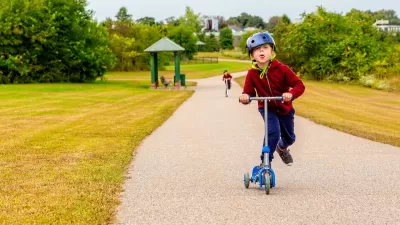
How Local Parks Promote Equitable Outdoor Access
Targeted investments in local parks, improved infrastructure, and enhanced transit connectivity are essential strategies to close the nature gap and ensure equitable outdoor access for underserved communities.
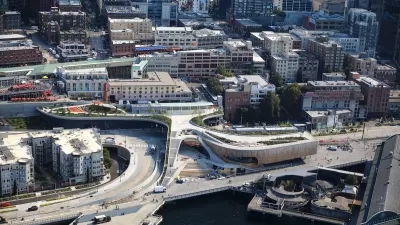
Seattle’s New Overlook Walk Offers Ample Park Space Near Pike Place Market
The elevated park and event space replaces part of the demolished Alaskan Way Viaduct, connecting the city’s famous Pike Place Market to the waterfront.
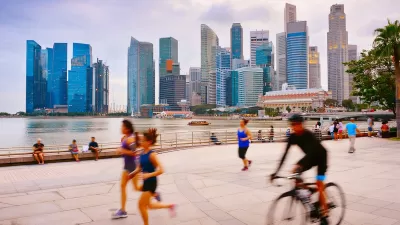
Singapore: A Model for Longevity and Quality of Life
Singapore's remarkable rise in life expectancy, driven by government policies on health, green spaces, and social cohesion, has earned it the distinction of being named the world's sixth “Blue Zone.”
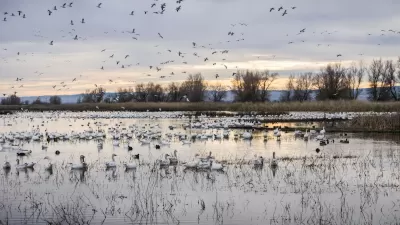
California Secures $360 Million in Federal Funding for Parks, Habitat Restoration, and Clean Transportation
This funding will drive transformative projects across the state, improving access to green spaces, protecting natural ecosystems, and advancing sustainable transportation initiatives.

New Study Shows How Urban Trees Improve Public Health
Louisville's Green Heart project demonstrates that strategically planting trees in underserved neighborhoods can significantly reduce inflammation levels, highlighting the health benefits of urban greenery through a novel, data-driven approach.

Advancing Sustainability and Resilience Through Parks
The Urban Land Institute offers fact sheets describing five innovative ways that parks can reduce carbon emissions and mitigate climate threats while advancing health, equity, and quality of life in urban areas.
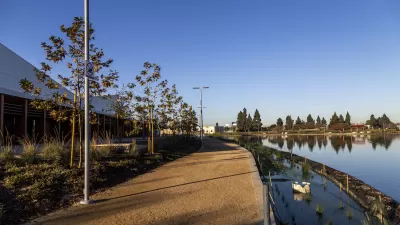
‘Parks After Dark’ Helps LA County Communities Thrive
Los Angeles County's popular Parks After Dark program continues to serve communities in need and offer multiple important benefits, as documented in a recent UCLA study.
Pagination
Urban Design for Planners 1: Software Tools
This six-course series explores essential urban design concepts using open source software and equips planners with the tools they need to participate fully in the urban design process.
Planning for Universal Design
Learn the tools for implementing Universal Design in planning regulations.
Heyer Gruel & Associates PA
JM Goldson LLC
Custer County Colorado
City of Camden Redevelopment Agency
City of Astoria
Transportation Research & Education Center (TREC) at Portland State University
Jefferson Parish Government
Camden Redevelopment Agency
City of Claremont


































